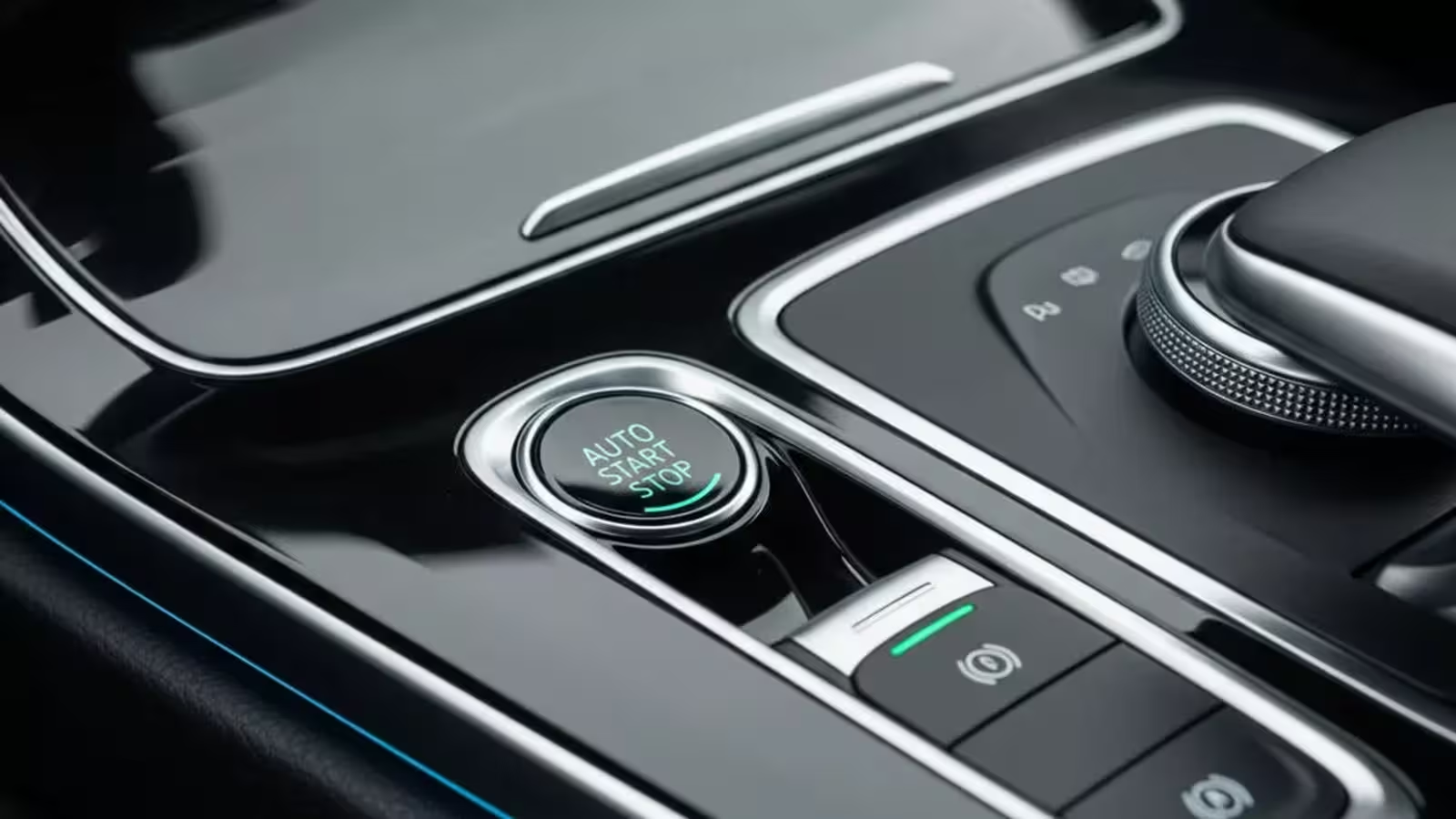3 Minutes
Why Auto Start/Stop Technology Was Adopted in Modern Cars
For years, auto start/stop technology has been a key feature in gas-powered vehicles, developed to boost fuel efficiency and minimize emissions. This system automatically turns off the engine when the vehicle is idle—such as at traffic lights—and restarts it the moment the driver is ready to move again. By doing this, automakers have successfully reduced fuel consumption, saving millions of gallons of gasoline globally and helping drivers cut down on costs and their carbon footprint.
How Auto Start/Stop Compares to Other Fuel-Saving Features
Unlike hybrid technologies or advanced aerodynamic tweaks, start/stop is notable for its straightforward operation and moderate cost of implementation. Where some fuel-saving innovations require significant changes in vehicle design or powertrain, auto start/stop can often be integrated with existing engines and electrical systems, making it attractive to manufacturers aiming to improve efficiency ratings.
Consumer Backlash and Growing Criticism from Regulators
Despite these advantages, start/stop systems have drawn the ire of many drivers who find them intrusive or annoying during everyday commutes. Issues such as perceived delays, additional engine wear, and discomfort in heavy traffic have led millions of motorists to seek out ways to disable or hack these features. While most vehicles allow users to manually turn off the system, dissatisfaction remains widespread.
Now, in a surprising turn, the U.S. Environmental Protection Agency (EPA) appears aligned with consumer frustration. EPA Administrator Lee Zeldin recently referred to the technology as "little more than a climate participation trophy," signaling a noteworthy policy shift. The EPA is now evaluating whether automakers should continue getting regulatory credit for equipping vehicles with auto start/stop—a move that could reshape incentives across the industry.
Industry Incentives and Potential Policy Shifts
Previously, automakers benefited from EPA credits for incorporating start/stop, helping them meet strict fuel economy targets and avoid substantial penalties. However, with changes to the regulations and the removal of certain financial penalties for missing average fuel economy goals, there is now less motivation to retain the technology. This could prompt major changes in how manufacturers approach fuel-saving features.
Weighing Benefits, Inconveniences, and Future Solutions
While supporters argue that drivers who prefer not to use auto start/stop can simply switch it off, others suggest the default setting should be changed to better align with consumer preferences. "People enjoy saving money at the pump, and for those who don't, the system can be disabled," points out Albert Gore, executive director of the Zero Emission Transportation Association. Whether a compromise might involve making the system default to ‘off’ rather than ‘on’ remains to be seen.
The Road Ahead for Automotive Efficiency Technologies
Auto start/stop technology achieves its primary goal—reducing fuel use in urban environments with frequent stop-and-go traffic. Yet, its mixed reception reveals a key barrier in automotive innovation: balancing environmental progress with user experience. As the EPA considers new policies, the automotive industry awaits clearer guidance on whether this once-lauded technology will continue shaping the future of fuel-efficient vehicles or become a thing of the past.
Stay tuned as this story develops and as new fuel-saving technologies and regulatory frameworks emerge in the rapidly evolving transportation sector.
Source: carscoops



Comments